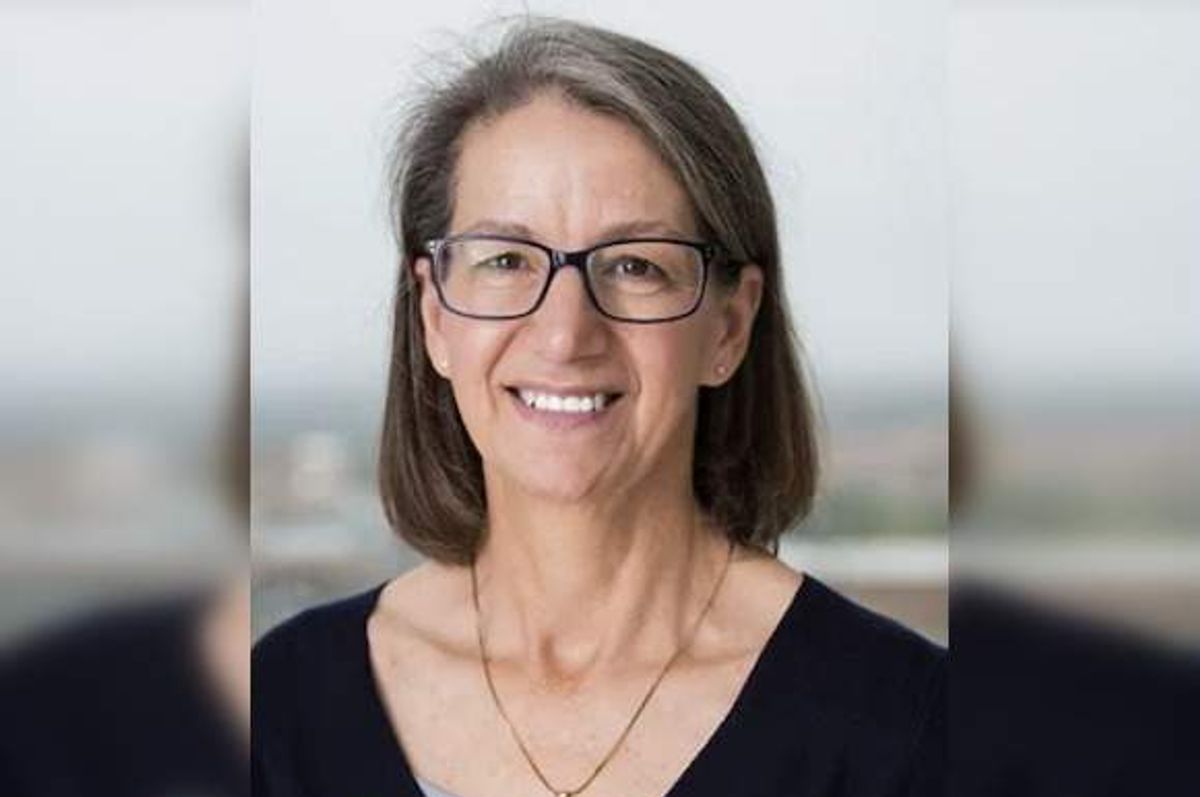Houston team develops low-cost device to treat infants with life-threatening birth defect
infant innovation
A team of engineers and pediatric surgeons led by Rice University’s Rice360 Institute for Global Health Technologies has developed a cost-effective treatment for infants born with gastroschisis, a congenital condition in which intestines and other organs are developed outside of the body.
The condition can be life-threatening in economically disadvantaged regions without access to equipment.
The Rice-developed device, known as SimpleSilo, is “simple, low-cost and locally manufacturable,” according to the university. It consists of a saline bag, oxygen tubing and a commercially available heat sealer, while mimicking the function of commercial silo bags, which are used in high-income countries to protect exposed organs and gently return them into the abdominal cavity gradually.
Generally, a single-use bag can cost between $200 and $300. The alternatives that exist lack structure and require surgical sewing. This is where the SimpleSilo comes in.
“We focused on keeping the design as simple and functional as possible, while still being affordable,” Vanshika Jhonsa said in a news release. “Our hope is that health care providers around the world can adapt the SimpleSilo to their local supplies and specific needs.”
The study was published in the Journal of Pediatric Surgery, and Jhonsa, its first author, also won the 2023 American Pediatric Surgical Association Innovation Award for the project. She is a recent Rice alumna and is currently a medical student at UTHealth Houston.
Bindi Naik-Mathuria, a pediatric surgeon at UTMB Health, served as the corresponding author of the study. Rice undergraduates Shreya Jindal and Shriya Shah, along with Mary Seifu Tirfie, a current Rice360 Global Health Fellow, also worked on the project.
In laboratory tests, the device demonstrated a fluid leakage rate of just 0.02 milliliters per hour, which is comparable to commercial silo bags, and it withstood repeated disinfection while maintaining its structure. In a simulated in vitro test using cow intestines and a mock abdominal wall, SimpleSilo achieved a 50 percent reduction of the intestines into the simulated cavity over three days, also matching the performance of commercial silo bags. The team plans to conduct a formal clinical trial in East Africa.
“Gastroschisis has one of the biggest survival gaps from high-resource settings to low-resource settings, but it doesn’t have to be this way,” Meaghan Bond, lecturer and senior design engineer at Rice360, added in the news release. “We believe the SimpleSilo can help close the survival gap by making treatment accessible and affordable, even in resource-limited settings.”
 Rebecca Richards-Kortum, a Rice bioengineering professor and director of the Rice360 Institute for Global Health Technologies, is the lead PI on the project. Photo by Jeff Fitlow/Rice University
Rebecca Richards-Kortum, a Rice bioengineering professor and director of the Rice360 Institute for Global Health Technologies, is the lead PI on the project. Photo by Jeff Fitlow/Rice University Apple doubles down on Houston with new production facility, training center Photo courtesy Apple.
Apple doubles down on Houston with new production facility, training center Photo courtesy Apple.